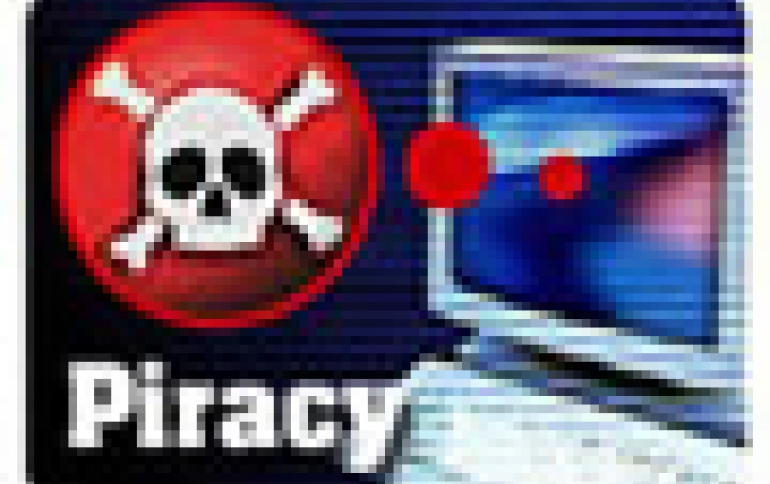
Hackers Steal U.S. Government Data From PCs
Hackers stole information from the U.S. Department of Transportation and several U.S. companies by seducing employees with fake job-listings on advertisements and e-mail, a computer security firm said.
The victims include consulting firm Booz Allen, computer services company Unisys Corp, computer maker Hewlett- Packard Co and satellite network provider Hughes Network Systems, a unit of Hughes Communications Inc, said Mel Morris, chief executive of British Internet security provider Prevx Ltd.
Of the list, only Unisys acknowledged that viruses had been detected and removed from two PCs, saying no information had been leaked. A Department of Transportation spokeswoman said the agency could not find any indication of a breach and a spokeswoman for Hughes said she was unaware of any breaches.
Prevx said the malware it identified uses a program named NTOS.exe that probes PCs for confidential data, then sends it to a Web site hosted on Yahoo Inc. That site's owner is likely unaware it is being used by hackers, Morris said.
He believes the hackers have set up several "sister" Web sites that are collecting similar data from other squadrons of malware. It was not clear whether the hackers used any information stolen from more than 1,000 PCs.
The hackers only targeted a limited group of computers, which kept traffic down and allowed them to stay under the radar of security police, who tend to identify threats when activity reaches a certain level.
Security experts say such crimes occur frequently because hackers have access to software that allows them to build undetectable malware that security firms are unable to fight.
In this case, the malware had not been flagged as dangerous, although security firms put out updates identifying it as such on Monday night after Prevx sounded the alarm.
Of the list, only Unisys acknowledged that viruses had been detected and removed from two PCs, saying no information had been leaked. A Department of Transportation spokeswoman said the agency could not find any indication of a breach and a spokeswoman for Hughes said she was unaware of any breaches.
Prevx said the malware it identified uses a program named NTOS.exe that probes PCs for confidential data, then sends it to a Web site hosted on Yahoo Inc. That site's owner is likely unaware it is being used by hackers, Morris said.
He believes the hackers have set up several "sister" Web sites that are collecting similar data from other squadrons of malware. It was not clear whether the hackers used any information stolen from more than 1,000 PCs.
The hackers only targeted a limited group of computers, which kept traffic down and allowed them to stay under the radar of security police, who tend to identify threats when activity reaches a certain level.
Security experts say such crimes occur frequently because hackers have access to software that allows them to build undetectable malware that security firms are unable to fight.
In this case, the malware had not been flagged as dangerous, although security firms put out updates identifying it as such on Monday night after Prevx sounded the alarm.













